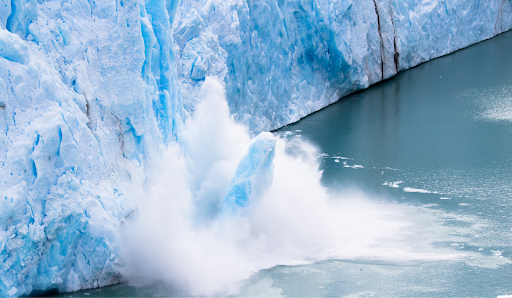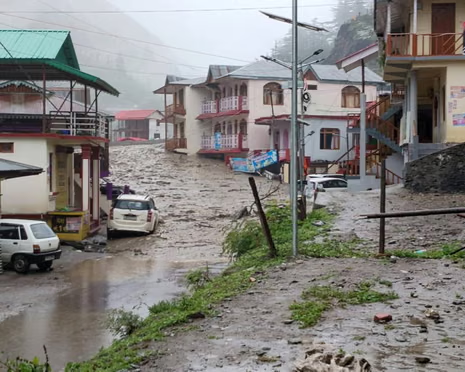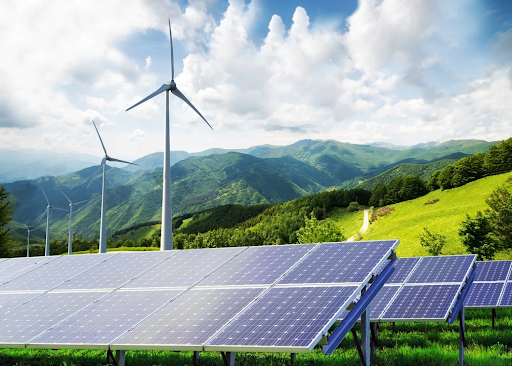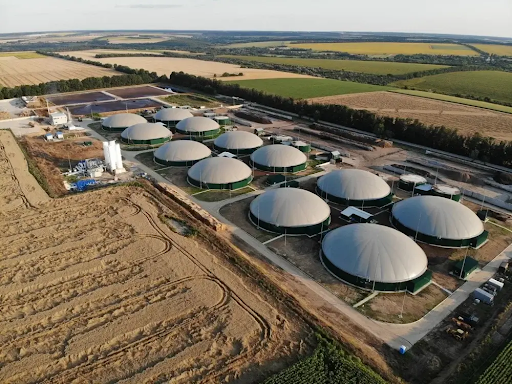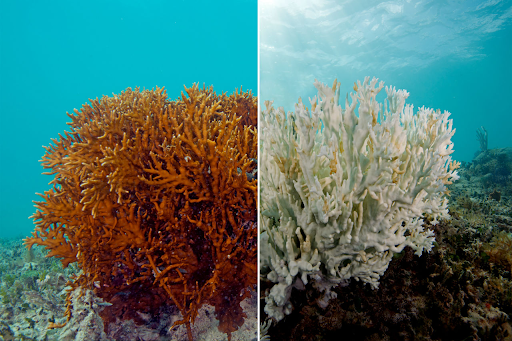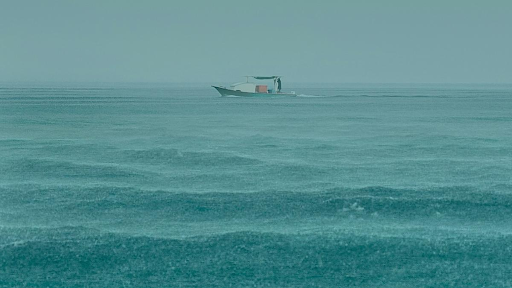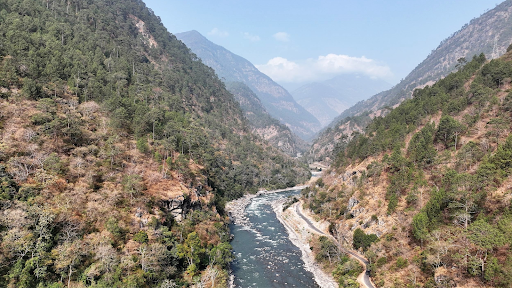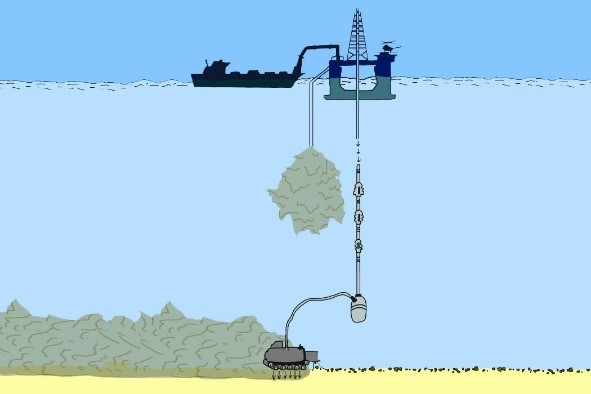
Disclaimer: Copyright infringement not intended.
Context
- The UN’s decision to take deep-sea mining applications comes when there is no mining code in place.
- Several countries have insisted that industrial undersea mining should require strict rules.
Deep Sea Mining
- Deep sea mining is a growing subfield of experimental seabed mining that involves the retrieval of minerals and deposits from the ocean floor found at depths of 200 metres (660 ft), up to 6,500 metres (21,300 ft).
.jpeg)
Where are the deep-sea minerals located?
The deep sea contains three primary sources for mining critical minerals:
-
- Potato-size manganese nodules (rich in manganese, cobalt, copper, nickel, and rare earth elements);
- Deposits of sulfur-containing minerals around underwater openings known as hydrothermal vents; and
- Cobalt-rich crusts lining the sides of mid-ocean ridges and underwater mountains, also known as seamounts.
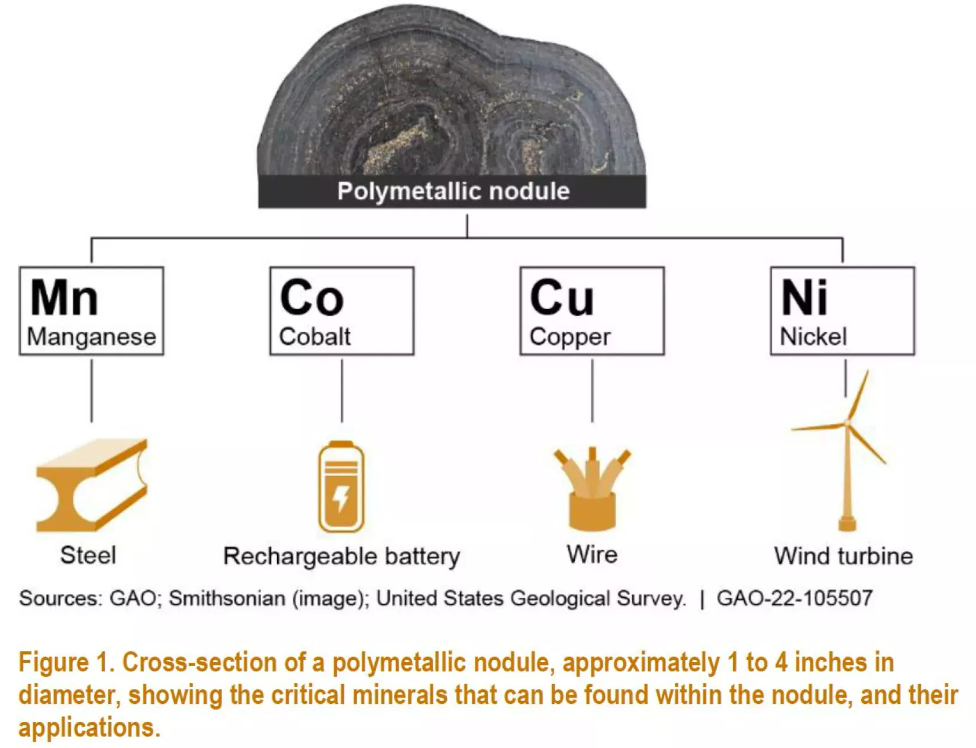
The Clarion-Clipperton Zone that spans 1.7 million square miles between Hawaii and Mexico, and it is a potential hotbed for critical minerals.
Note: The Clipperton Fracture Zone, is a geological submarine fracture zone of the Pacific Ocean, with a length of around 4500 miles (7240 km). The fracture, an unusually mountainous topographical feature, begins east-northeast of the Line Islands and ends in the Middle America Trench off the coast of Central America.
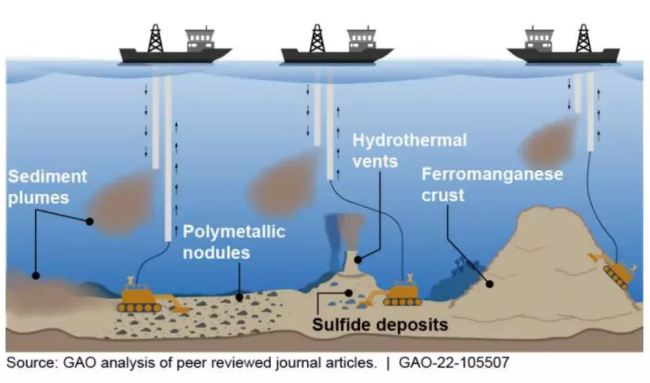
Benefits of Seep Sea Mining
Solves Energy Crisis
- A radical embrace of electric vehicles will be necessary to limit global warming to less than 1.5°C above preindustrial levels, the goal of the Paris Agreement.
- But according to a May 2021 report by the International Energy Agency (IEA)—the world isn’t mining enough of the minerals needed to make the batteries that will power that clean-energy future.
- Demand for the metals in electric vehicles alone could grow by more than 30 times from 2020 to 2040. If supply chains can’t meet skyrocketing demand, mineral shortages could mean clean-energy shortages.
- Deep Sea Mining could just be the solution to an impending energy crisis.
Source of critical minerals
- Deep-sea mining is a potential source of critical and other minerals that may enable new technologies, such as extended-range electric cars, lighter rechargeable batteries, and more weather-resistant wind turbines.
- However, as this technology matures, policymakers should weigh its benefits and costs.

Counters impact of Land Mining
- Deep-sea mining could lead to decreased demand for land-based mining, which has negatively affected the terrestrial environment.
- Potential effects of land-based mining include toxic wastewater, deforestation, and soil contamination, as well as issues such as the use of child labor in some parts of the world.
Can decrease dependency on foreign imports
- Deep-sea mining could reduce these negative effects and also enable India to decrease its dependence on foreign imports of critical and other minerals.
Impact of Deep-Sea Mining
As with all mining operations, deep sea mining raises questions about its environmental impact.
Disturbance of the seafloor
- The digging and gauging of the ocean floor by machines can alter or destroy deep-sea habitats.
- This leads to the loss of species, many of which are found nowhere else, and the fragmentation or loss of ecosystem structure and function. It is the most direct impact from deep-sea mining and the damage caused is most likely permanent.
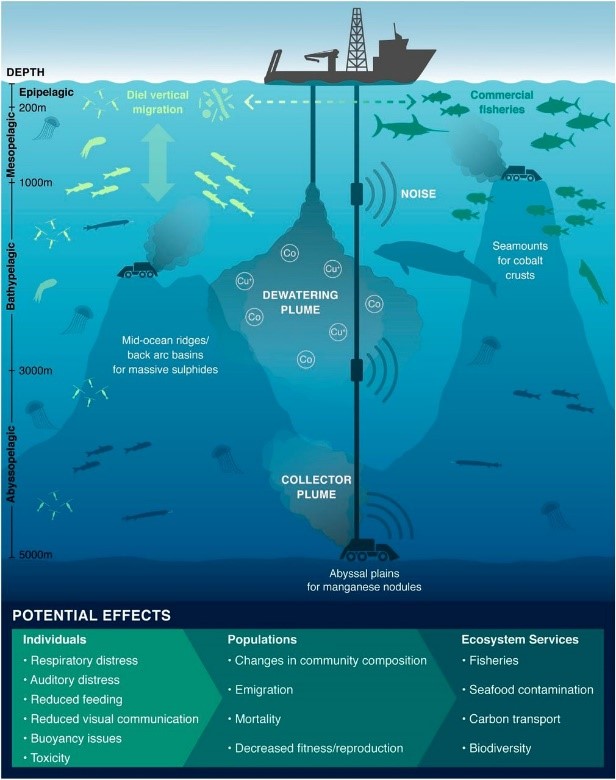
- Stripping seamounts of the outer layer of ‘crusts’ containing cobalt and other metals would destroy deep-sea sponge and coral ecosystems that are likely to have taken thousands of years to grow.
- Mining hydrothermal vents would destroy vent habitats and kill the associated organisms before the biodiversity of these unique and fragile ecosystems is well understood.
Sediment plumes
- Deep-sea mining will stir up fine sediments on the seafloor, creating plumes of suspended particles.
- This is exacerbated by mining ships discharging waste water at the surface.
- Scientists are concerned these particles may disperse for hundreds of kilometres, take a long time to resettle on the seafloor, and affect ecosystems and commercially important or vulnerable species.
- For instance, such plumes could smother animals, harm filter-feeding species, and block animals’ visual communication.
Pollution
- Species such as whales, tuna and sharks could be affected by noise, vibrations and light pollution caused by mining equipment and surface vessels, as well as potential leaks and spills of fuel and toxic products.

Resolution 122 to protect deep-ocean ecosystems and biodiversity
- Under the United Nations Convention on the Law of the Sea (UNCLOS), the Area and its mineral resources are the common heritage of humankind. This means they must be managed on behalf of and in the interests of all humanity including through: the sharing of economic benefits; support for marine scientific research; and the effective protection of the marine environment.
- At the IUCN World Conservation Congress in Marseille (September 2021), IUCN Members adopted Resolution 122to protect deep-ocean ecosystems and biodiversity through a moratorium on deep-sea mining unless and until a number of conditions are met. These include:
-
- The risks of mining are comprehensively understood and effective protection can be ensured;
- Rigorous and transparent impact assessments are conducted based on comprehensive baseline studies;
- The Precautionary Principle and the ‘Polluter Pays Principle’ are implemented;
- Policies incorporating circular economic principles to reuse and recycle minerals have been developed and implemented;
- The public are consulted throughout decision-making;
- The governance of deep-sea mining is transparent, accountable, inclusive, effective and environmentally responsible.
Growing debate on Deep Sea Mining
- There is a growing debate about whether deep sea mining should be allowed.
- Environmental advocacy groups such as Greenpeace and the Deep Sea Mining Campaign have argued that seabed mining should not be permitted in most of the world's oceans because of the potential for damage to deep sea ecosystems and pollution by heavy metal-laden plumes.
- Prominent environmental activists and state leaders have also called for moratoriums or total bans due to the potential of devastating environmental impacts. Some argue that there should be a total ban on seabed mining.
- Voicing their concerns, several nationals called for a moratorium on industrial mining at the ISA’s council meeting.
- Non-governmental organizations and experts have warned against the damaging repercussions of deep-sea mining.
- Deep-sea mining would go beyond harming the seabed and have a wider impact on fish populations, marine mammals, and the essential function of the deep-sea ecosystems in regulating the climate.
- Several countries including Canada, Australia, and Belgium have insisted that mining cannot begin without strict rules.
Mining Applications
- The International Seabed Authority has decided that it will start taking permit applications in July 2023 from companies that want to mine the ocean’s floor.
- The undersea mining will be conducted to extract key battery materials — cobalt, copper, nickel, and manganese — from potato-sized rocks called “polymetallic nodules” found at depths of 4 kilometres to 6 kilometres.
Concern: The mining code is missing
- The draft decision of ISA’s governing council allows companies to file permit applications from July 9.
- In the absence of a mining code, which has been under discussion for nearly 10 years, the 36-member council is uncertain about the process it should adopt for reviewing applications for mining contracts.

Way Ahead
- Reliance on metals from mining can be reduced by redesigning, reusing and recycling.
- In addition, research should focus on creating more sustainable alternatives to their use because deep-sea mining could irreparably harm marine ecosystems, and limit the many benefits the deep sea provides to humanity.
Mining Code/ Regulatory Framework
- The mining code currently under development lacks sufficient knowledge of the deep sea and a thorough assessment of environmental impacts of mining operations that are necessary to ensure effective protection of deep-sea life, according to IUCN experts.
- An effective regulatory framework is needed to avoid lasting harm to the marine environment, based on high-quality environmental impact assessments and mitigation strategies.
- These, in turn, must be based on comprehensive baseline studies to improve the understanding of the deep sea, which remains understudied and poorly understood.
Read:
Deep Ocean Mission: https://www.iasgyan.in/daily-current-affairs/deep-ocean-mission-14
Shallow Water Mining: https://www.iasgyan.in/daily-current-affairs/shallow-water-mining
|
UNITED NATIONS CONVENTION ON THE LAW OF THE SEA (UNCLOS)
The United Nations Convention on the Law of the Sea (UNCLOS), also called the Law of the Sea Convention or the Law of the Sea Treaty, is an international agreement that establishes a legal framework for all marine and maritime activities. As of June 2016, 167 countries and the European Union are parties. UNCLOS came into force in 1994.
It lays down a comprehensive regime of law and order in the world's oceans and seas establishing rules governing all uses of the oceans and their resources.
Maritime Zones under UNCLOS
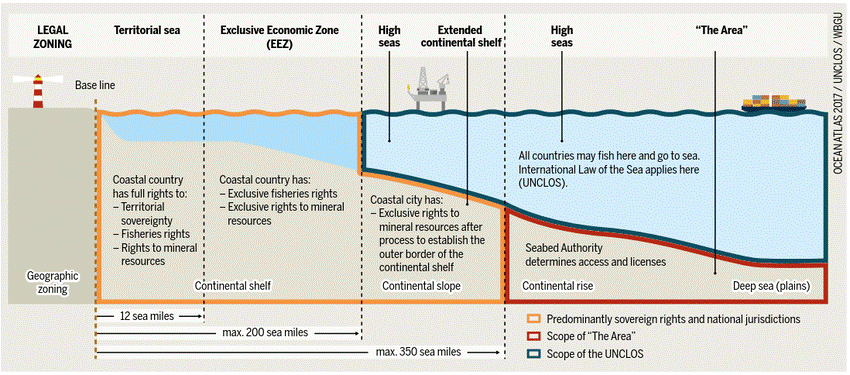
|
|
PRACTICE QUESTION
Q. Despite widespread concern that it could severely damage marine biodiversity and ecosystems, there has been a drive from mining companies to initiate deep-seabed mining, due to increasing demand for metals, such as lithium, copper or nickel, and depleting terrestrial resources. What are the concerns pertaining to Deep Sea Mining? Is a blanket ban on Deep Sea Mining the right path forward? Critically examine.
|

https://indianexpress.com/article/explained/explained-sci-tech/un-to-start-allowing-deep-sea-mining-operations-from-july-issues-and-concerns-8532698/











